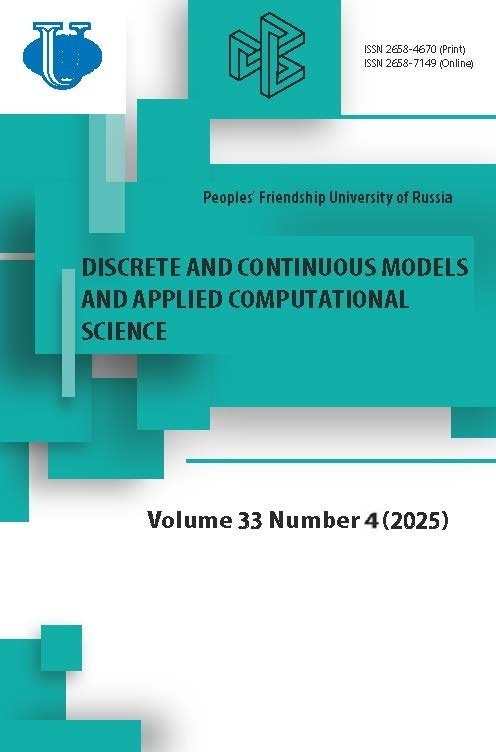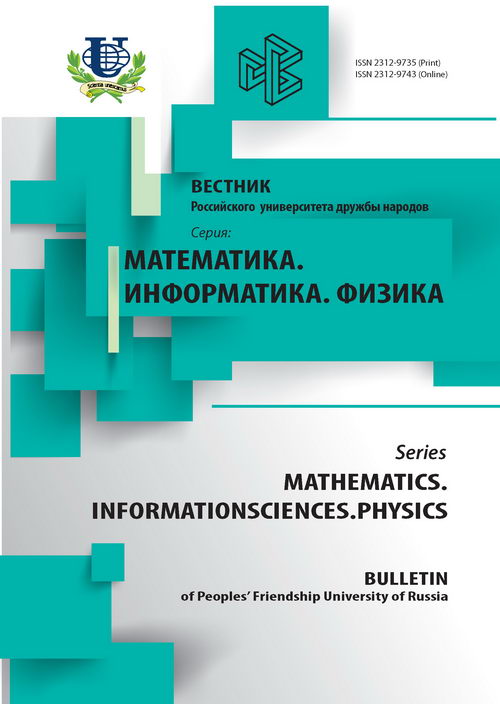Temperature Dependence of the Effective Refractive Index of LE11 and LM11-Modes in Optical Channel Sol-Gel Waveguides of Elevated Type
- Authors: Pavlov SV1
-
Affiliations:
- Peoples’ Friendship University of Russia
- Issue: No 3 (2014)
- Pages: 186-193
- Section: Articles
- URL: https://journals.rudn.ru/miph/article/view/8245
- ID: 8245
Cite item
Full Text
Abstract
The calculation of geometrical parameters of optical channel single-mode sol-gel waveguides (LE11-and LM11-Modes) of elevated type for operation near the critical regime is carried out at three values of refractive index of sol-gel material of the film. The features of the temperature dependences of the effective refractive index (ERI) of LE11-and LM11-modes by means of the method of the effective refractive index (MERI), based on the principles of shadowing field are calculated and explored. Unlike planar sol-gel waveguide, extremum of ERI was observed for modes of both types of polarization in case of channel waveguide of elevated type. The position of the extremum of temperature characteristic of ERI on the ratio of width to thickness of optical channel on the base of sol-gel material is explored. Dependences of temperature coefficient of the effective refractive index on temperature are obtained and the physical mechanism of behavior of the given curves is revealed. The comparison of temperature dependences of the ERI of channel waveguides of elevated type and planar waveguides near the critical regime confirmed the competitive influence of two factors - the negative thermooptical coefficient (TOC) of sol-gel material and thermal expansion of geometrical parameters of the optical channel (thickness and channel width), and also the dependence on partial power in sol-gel layer. It is shown that in the temperature range from 10 to 50 ∘C it is possible to create thermostable channel waveguides on the based of sol-gel films.
About the authors
S V Pavlov
Peoples’ Friendship University of Russia
Email: light_crusader89@mail.ru
Department of Applied Physics
References
Supplementary files















